Russian drone strikes Ukrposhta vehicle in Sumy region, injuring two



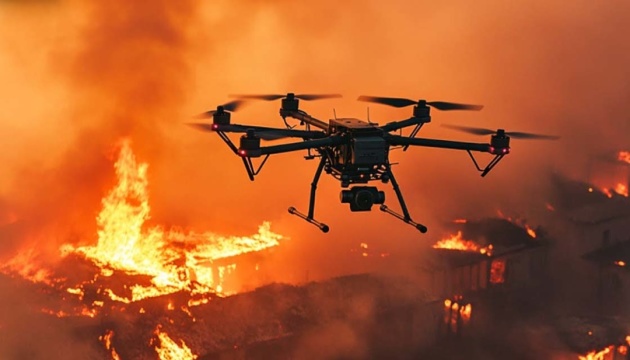

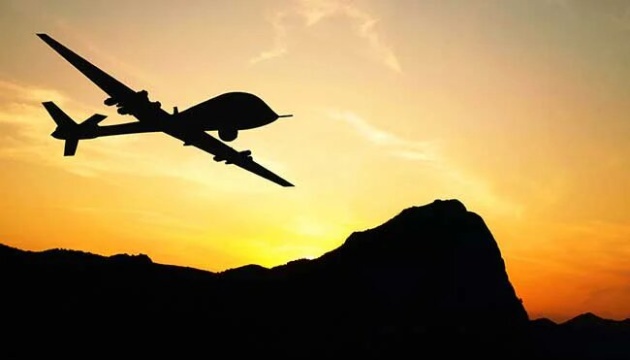



President Donald Trump ordered two nuclear submarines to be strategically positioned in response to what he called “highly provocative statements” from former Russian President Dmitry Medvedev NBC NewsCNN, escalating tensions between the nuclear superpowers on 1 August.
“I have ordered two Nuclear Submarines to be positioned in the appropriate regions, just in case these foolish and inflammatory statements are more than just that,” Trump wrote on Truth Social. “Words are very important, and can often lead to unintended consequences, I hope this will not be one of those instances.”
The submarine deployment came after Medvedev made reference to Russia’s Soviet-era automatic, retaliatory nuclear strike capabilities on 31 July, after Trump told Medvedev to “watch his words.”
The exchange began after Medvedev said that “each new ultimatum” that Trump makes toward Russia in pressuring an end to the war in Ukraine.
Trump had previously warned of new sanctions against Moscow if Russia did not demonstrate progress in ending the Ukraine war within 10 days.


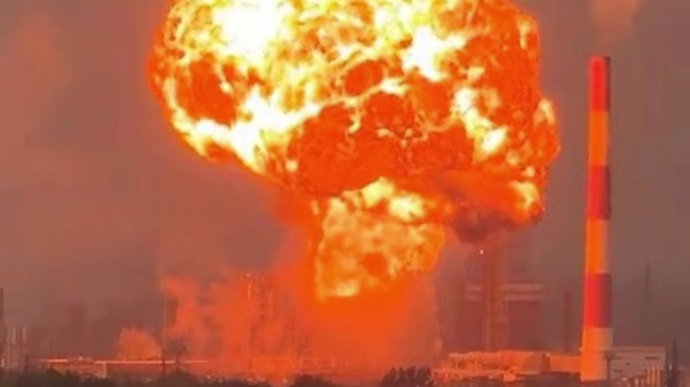

Multiple Russian oblasts reported explosions and fires at industrial facilities during overnight drone attacks on 2 August, with air defense systems activated across several areas, according to Russian Telegram channels.
Samara Oblast Governor Vyacheslav Fedorishchev confirmed strikes on Novokuybyshevsk. Social media footage showed a large fire at what appeared to be the Novokuybyshevsk Oil Refinery, with sounds resembling drone operations and air defense systems audible in the videos.
The governor also announced temporary restrictions on mobile internet in the oblast and suspended operations at Samara airport following the attacks.
Defense-related facilities in Penza Oblast also came under attack. Drones reportedly struck JSC Production Association “Elektropribor,” a company specializing in control elements for Russian missile systems and communications equipment. The nearby AT “Radio Plant,” Russia’s sole defense facility producing air defense command centers, was likely also hit, according to reports.
Witnesses reported loud explosions near Dyagilevo airfield in Ryazan Oblast. Another oil refinery in Ryazan city was reportedly struck, with local social media publishing eyewitness videos showing a column of fire. Regional authorities confirmed drone attacks on a local enterprise without specifying which facility was targeted.
Residents of Lipetsk and Voronezh oblasts also reported UAV attacks and air defense activity during the night.
JSC Kuibyshev Oil Refinery produces motor fuels including Euro-5 standard gasoline and diesel fuel, along with dozens of other petroleum products in market demand.
The attacks followed similar overnight explosions in several cities of temporarily occupied Crimea on 1-2 August, after which occupying authorities closed the Crimean Bridge to vehicle traffic.
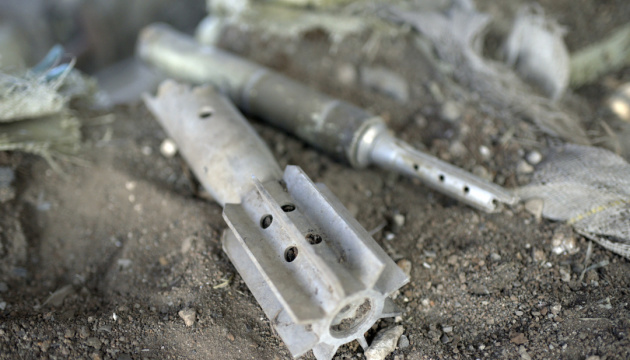

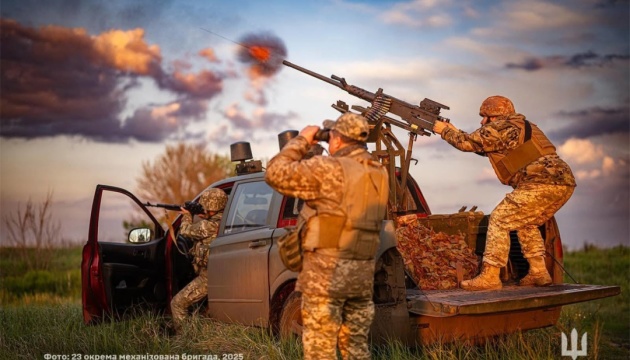

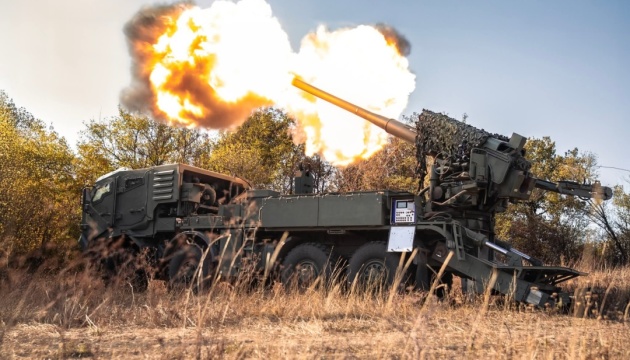

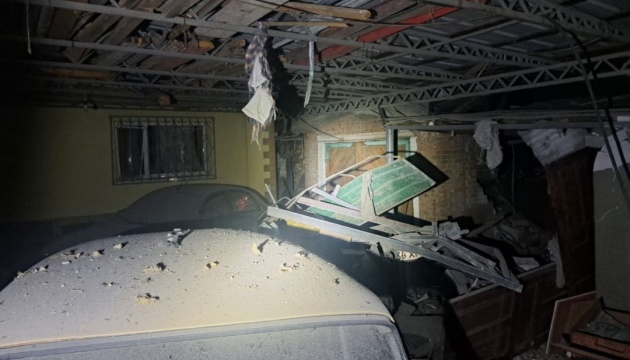

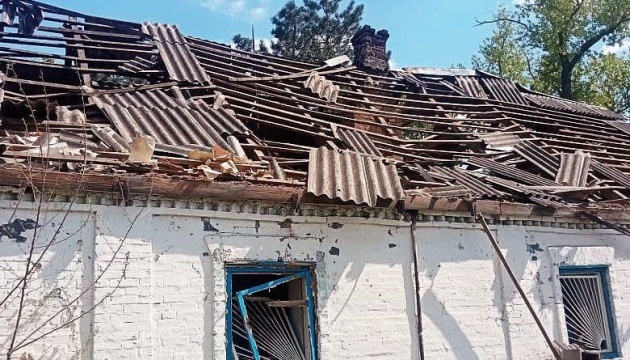

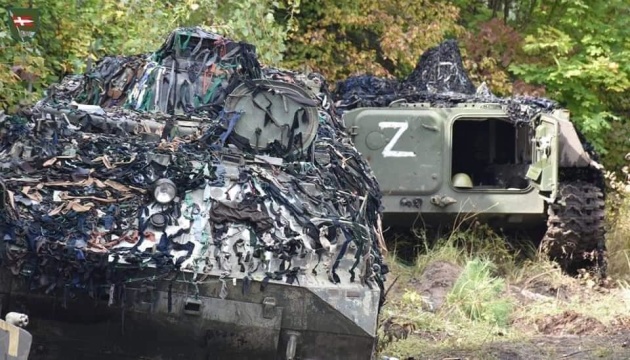



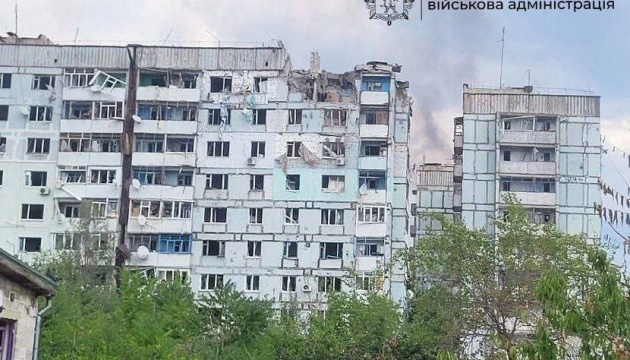



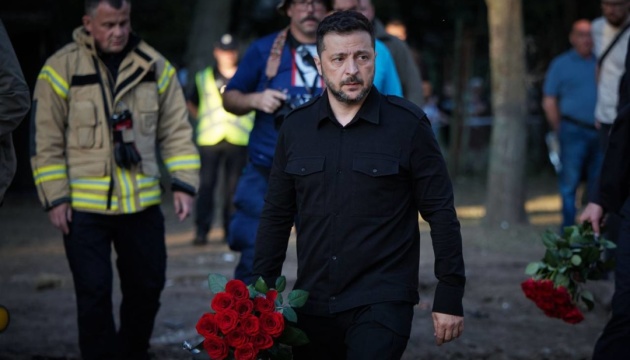

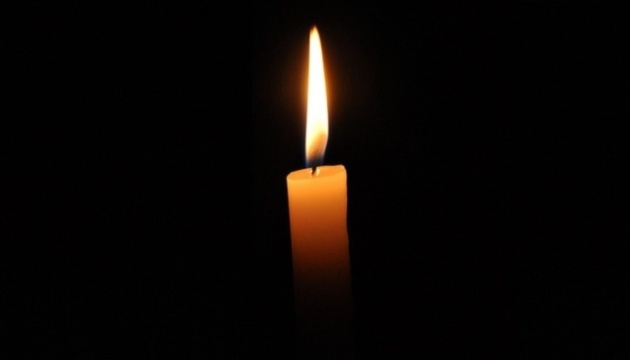

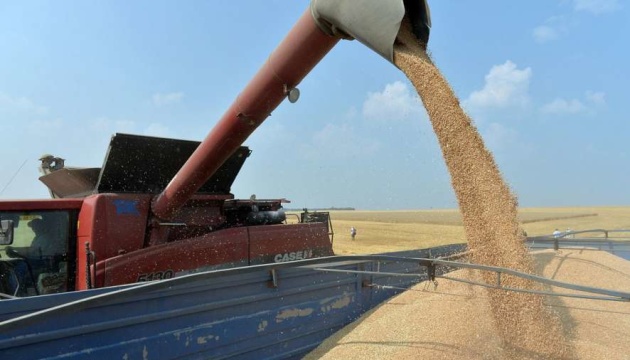

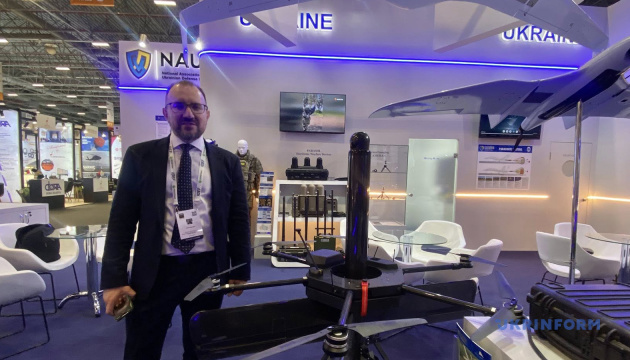

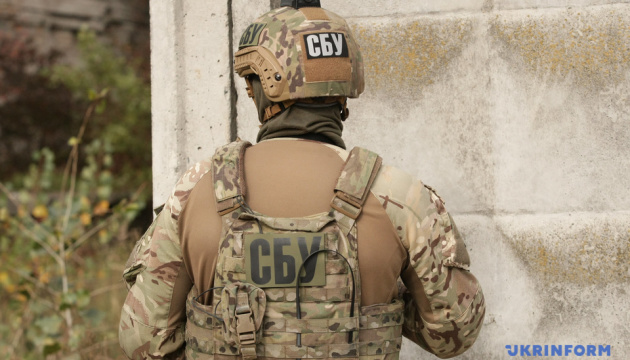

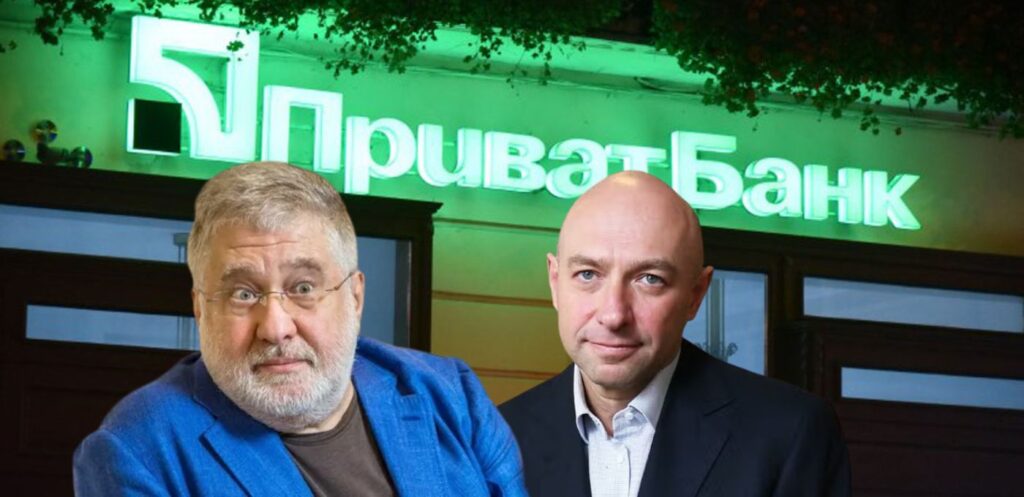

What does it take to steal $2 billion from your own bank? According to a London High Court, all you need is 50 shell companies, a culture of fear, and four years to perfect the art of making money disappear.
Ukrainian oligarch Ihor Kolomoiskyi found out the hard way that his thorough looting of PrivatBank — Ukraine’s largest financial institution — has consequences. On 30 July, Justice Trower ruled that Kolomoiskyi and his longtime partner Hennadii Boholiubov (Bogolyubov) orchestrated a brazen fraud that nearly collapsed Ukraine’s entire banking system.
$1.91 billion — roughly 1.5% of Ukraine’s 2014 GDP — vanished through fake loans, phantom supply contracts, and offshore shell games between 2010 and 2014.
Ordinary oligarch theft this wasn’t. Kolomoiskyi and Boholyiubov, then Ukraine’s second and third richest persons, spent four years hollowing out Ukraine’s financial backbone while regulators watched — some bought off, others too intimidated to act.
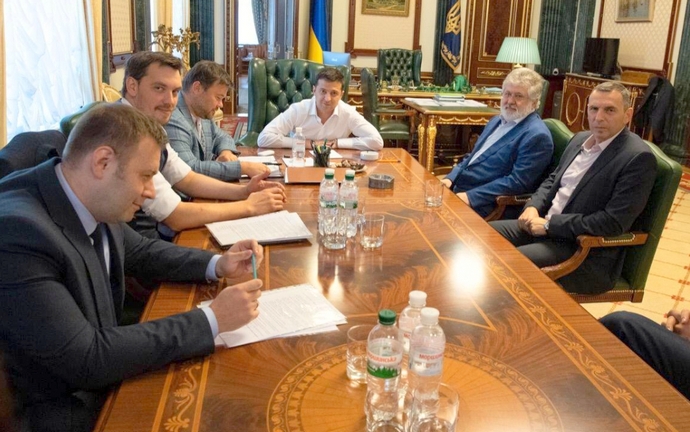
For international readers, Kolomoiskyi isn’t just any businessman.
He’s the oligarch who once controlled roughly 10% of Ukraine’s GDP through his Privat Group empire. His TV channel, 1+1, made Volodymyr Zelenskyy a household name long before anyone imagined the comedian would become president. His private militia helped defend Ukraine against Russian-backed separatists in 2014. His influence reached governorships, media empires, and the very heart of Ukrainian politics.
This court ruling is particularly striking because it shows that even oligarchs who once seemed untouchable can face justice — just not always at home.
The London court laid out Kolomoiskyi’s playbook with forensic precision:
Between 2010 and 2014, PrivatBank issued hundreds of loans to over 50 shell companies. These weren’t real businesses — most had no operations, employees, or purpose except to receive money. Kolomoiskyi and Boholiubov secretly controlled all of them.
Those fraudulent loans were immediately transferred to corporate defendants in the UK and British Virgin Islands under the pretense of “prepayments” for goods. The court’s finding? None of the goods were delivered, and the payments were never returned. Cyprus was the key pipeline, with PrivatBank’s branch facilitating over $2.3 billion in foreign currency transfers.
When loans came due, new fake loans were issued to repay the old ones. This “loan recycling” created an illusion of solvency while the money flowed to accounts controlled by the oligarchs. In 2016, just before nationalization, PrivatBank issued a final $5.7 billion in “new loans” — a desperate attempt to cover the massive hole in the bank’s balance sheet.
In late 2014, as Ukrainian regulators began asking uncomfortable questions, 46 of the 50 shell companies filed lawsuits demanding repayment from their supposed suppliers. Courts issued favorable rulings that were never enforced. Justice Trower found that “the judgments in the 2014 Ukrainian Proceedings were collusively obtained” — legal theater designed to fool regulators.
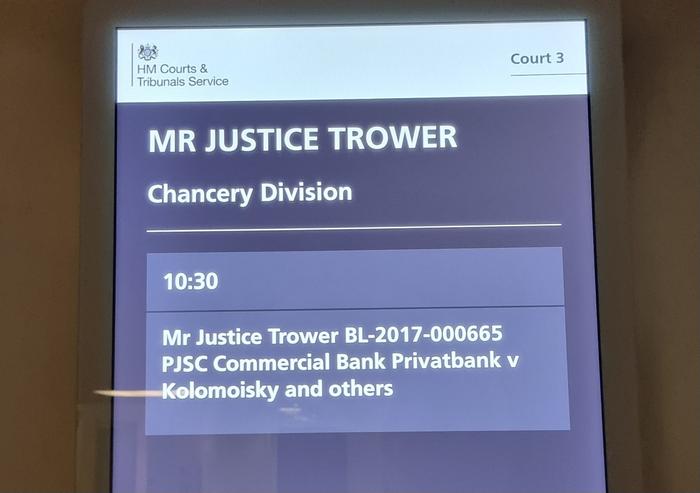
What enabled this massive theft? Fear.
The court found that senior PrivatBank employees, including top management, facilitated the scheme under direct orders from Kolomoiskyi and Boholiubov. Compliance failures weren’t accidental — they were deliberate, driven by intimidation and a culture where asking questions could end careers or worse.
Even National Bank of Ukraine officials faced threats when they tried to investigate. The court noted that Kolomoiskyi made threats against NBU deputy governor Kateryna Rozhkova, telling her he was “a hungry tiger in a cage” with “very long arms” who could reach her anywhere.
In Kolomoiskyi’s Ukraine, silence wasn’t golden — it was survival.
Kolomoiskyi threatened Ukraine’s National Bank deputy governor, saying he was a “hungry tiger in a cage” with “very long arms.”
When cornered with overwhelming evidence, Kolomoiskyi and Boholiubov deployed every legal argument their top-tier counsel could muster.
Why would sophisticated oligarchs with unlimited legal resources make arguments a London judge would find “procedurally flawed”? The answer reveals just how desperate their situation had become.
Their primary defense was breathtakingly audacious: they claimed they repaid fraudulent loans through later “asset transfers” and “loan transformations.” According to this logic, you can’t defraud someone if you later “repay” them — even if that repayment comes from more fraudulent money.
Justice Trower quickly demolished this argument. The supposed “repayments” were not genuine but part of artificial schemes using further fraudulent loans.
It was circular fraud, not actual repayment.
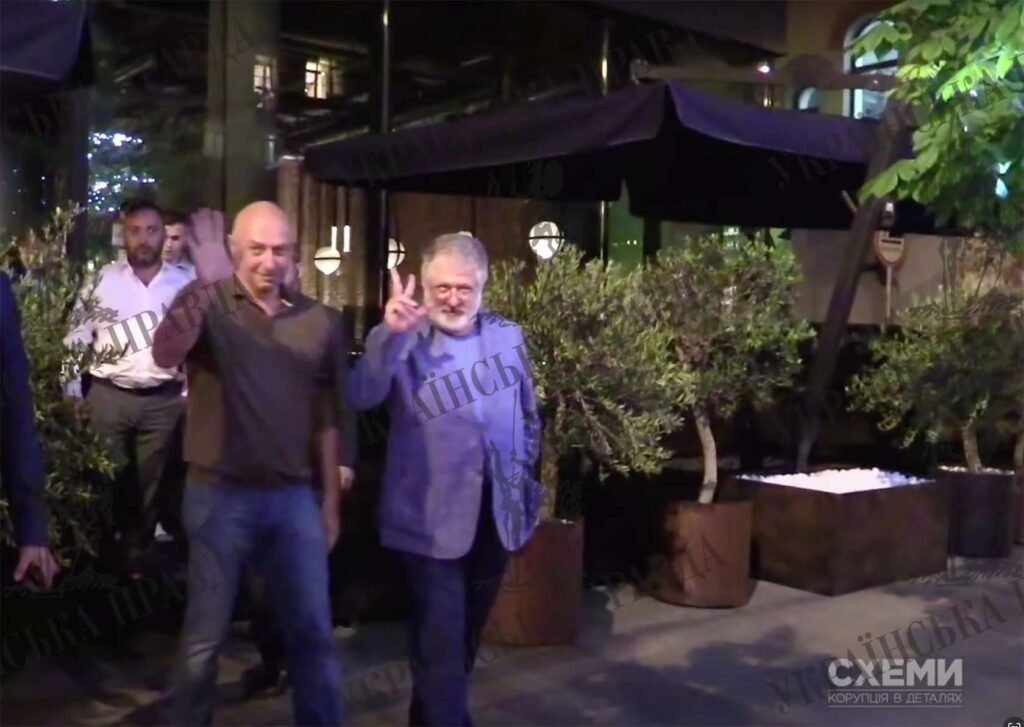
Boholiubov claimed complete independence from his longtime partner in a move that backfired spectacularly. He suggested the scheme involved bank management acting without his knowledge or approval, essentially throwing Kolomoiskiy and PrivatBank’s management under the bus.
The court wasn’t buying it. Justice Trower examined Boholiubov’s reaction to devastating NBU audit reports that exposed massive related-party lending consuming over 70% of the bank’s assets.
A truly uninvolved chair would have demanded investigations and fired management. Instead, Boholiubov voted to reappoint the same Management Board and praised their “satisfactory” performance.
“I think that the Bank is correct to submit that Mr Boholiubov’s reaction to this highly critical report was the opposite of what a person in his position with no prior knowledge of these deficiencies would have done,” Justice Trower wrote. The judge found that Boholiubov’s lack of surprise at the audit findings “reflects and corroborates the other circumstantial evidence that they knew and approved of lending in the form of the loan recycling scheme.”
Perhaps most damaging was what the oligarchs didn’t do. When confronted with evidence of massive fraud, neither demanded investigations nor took disciplinary action against management, which they now claimed had acted without their knowledge. They withdrew their witness statements, and neither appeared in court to testify under oath.
The court found “it is inherently unlikely that any of the steps in the Misappropriation were not known and approved by both of them.” The judge drew adverse inferences from their refusal to testify and their behavior throughout the proceedings.
Kolomoiskyi attempted one final gambit: arguing that PrivatBank’s new management after nationalization had “consciously decided” to treat certain fraudulent transactions as valid when they signed off on 2016 financial statements. This “free-choice extinction” defense suggested the bank had voluntarily accepted the fraud.
Justice Trower noted this argument was never properly pleaded and would have been rejected for causing prejudice anyway. It revealed the desperation of oligarchs grasping at procedural technicalities.
The court found that both oligarchs had destroyed documents that could have been evidence in the case. Justice Trower noted that Kolomoiskyi admitted in his disclosure certificate that his “general practice has been not to retain hard copy documents” and his “practice has been to dispose of the document immediately or once any action points have been completed.”
More damning, the judge found that “Mr Kolomoiskyi took deliberate decisions to procure the destruction of data which was capable of being relevant to the current proceedings.” The court determined that Kolomoiskyi’s approach to disclosure was to “delay and obfuscate for as long as possible in the hope that these documents would not come out.”
This behavior fits a pattern. The court found that Kolomoiskyi “seems to have regarded himself as above the law,”A while Boholiubov’s attempts to claim ignorance were undermined by his actions as chairman of the supervisory board.
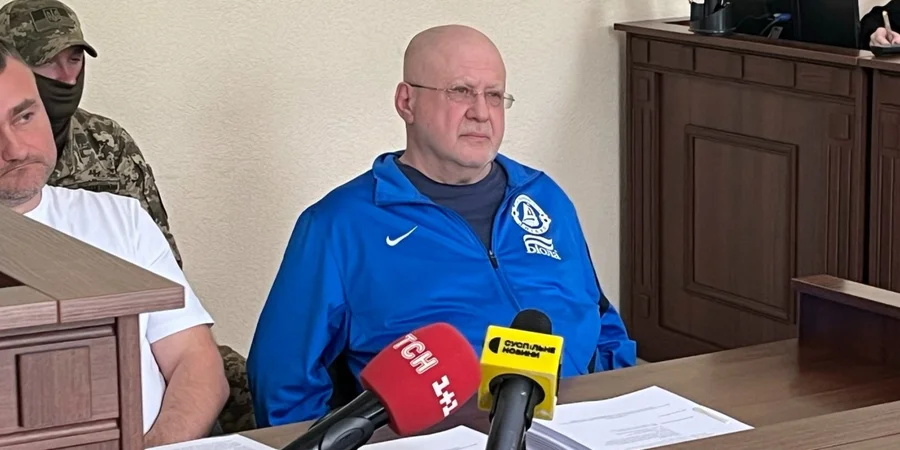
This judgment captures Kolomoiskyi at a remarkable inflection point.
Once powerful enough to install governors and potentially influence presidential elections, he now faces legal challenges on multiple continents while sitting in a Ukrainian jail.
The transformation has been swift.
Meanwhile, Ukrainian investigators report that Boholiubov illegally fled the country in July 2024 using forged documents and was temporarily residing in Vienna. Both maintain their innocence, but their legal options are rapidly narrowing — any appeal of the London judgment has been adjourned until October 2025.
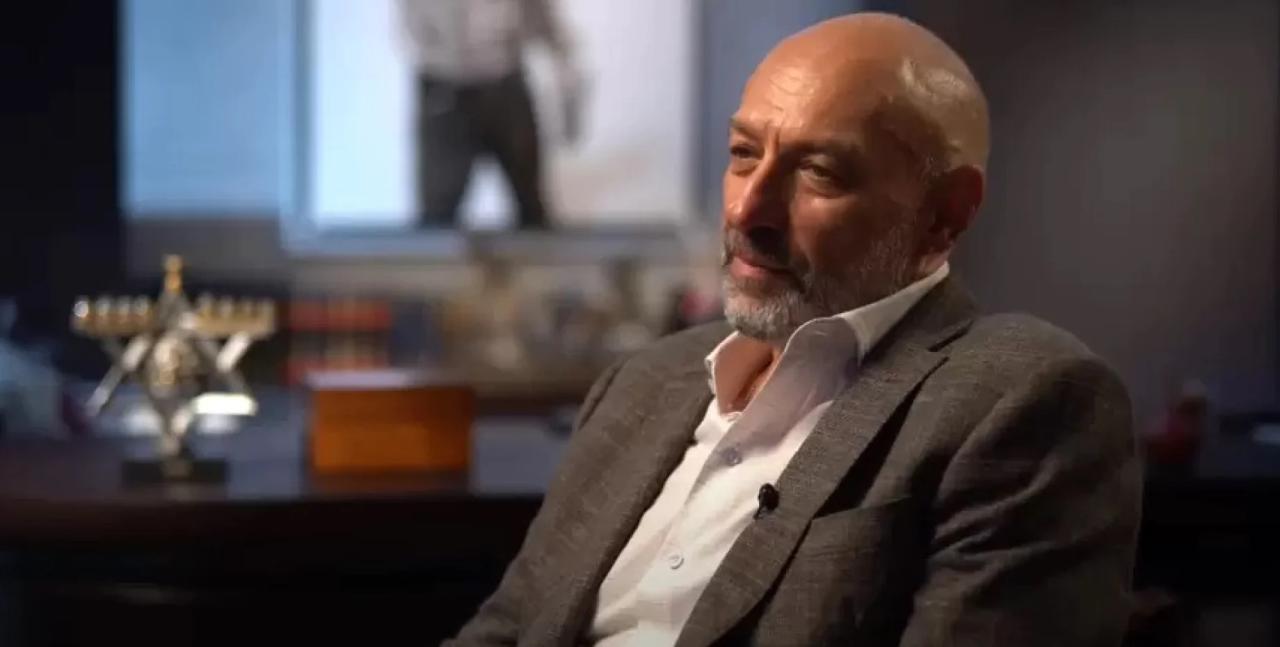
Zelenskyy, meanwhile, has carefully distanced himself from his former media patron — a political necessity as Ukraine seeks international legitimacy and aid.
This isn’t just a Ukrainian story. The London judgment establishes crucial precedents for international asset recovery, applying Ukrainian civil law through English commercial courts. It creates a roadmap for other countries whose oligarchs have hidden stolen assets abroad.
For Ukraine’s international backers — the EU, IMF, and bilateral donors —this ruling sends a clear signal: foreign courts can hold influential figures accountable even when domestic institutions struggle to do so.
As Ukraine continues seeking financial support for reconstruction and reform, demonstrating that justice can reach even the most connected oligarchs matters enormously.
While PrivatBank can now pursue enforcement actions to recover assets in the UK and beyond, a fundamental question remains: can Ukraine’s courts deliver similar justice?
The London ruling proves the facts were there all along. The evidence was overwhelming. The legal framework existed. What was missing was the political will and institutional independence to act.
That question couldn’t be more crucial for a country still battling Russian aggression while trying to build a genuine rule of law. Kolomoiskyi’s London defeat might be the beginning — or it might remain an exception that proves the rule about where real justice happens for Ukraine’s oligarchs.
The case also raised eyebrows for reasons beyond the verdict itself.
According to the Law Gazette, Justice Trower expressed alarm after discovering that a draft judgment had been leaked to Ukrainian social media and Cypriot corporate service providers before the official announcement. The judge told the court he was “very alarmed by some correspondence I received last night,” noting that the draft “seems to have been leaked in such a manner that it would become available on social media sites in Ukraine” and to “one of the corporate service providers in Cyprus.”
He added: “On the face of it, if there has been a leak which looks like it might have been, the court takes that very seriously indeed.” The Law Gazette reported that the source of the leak remains under investigation.
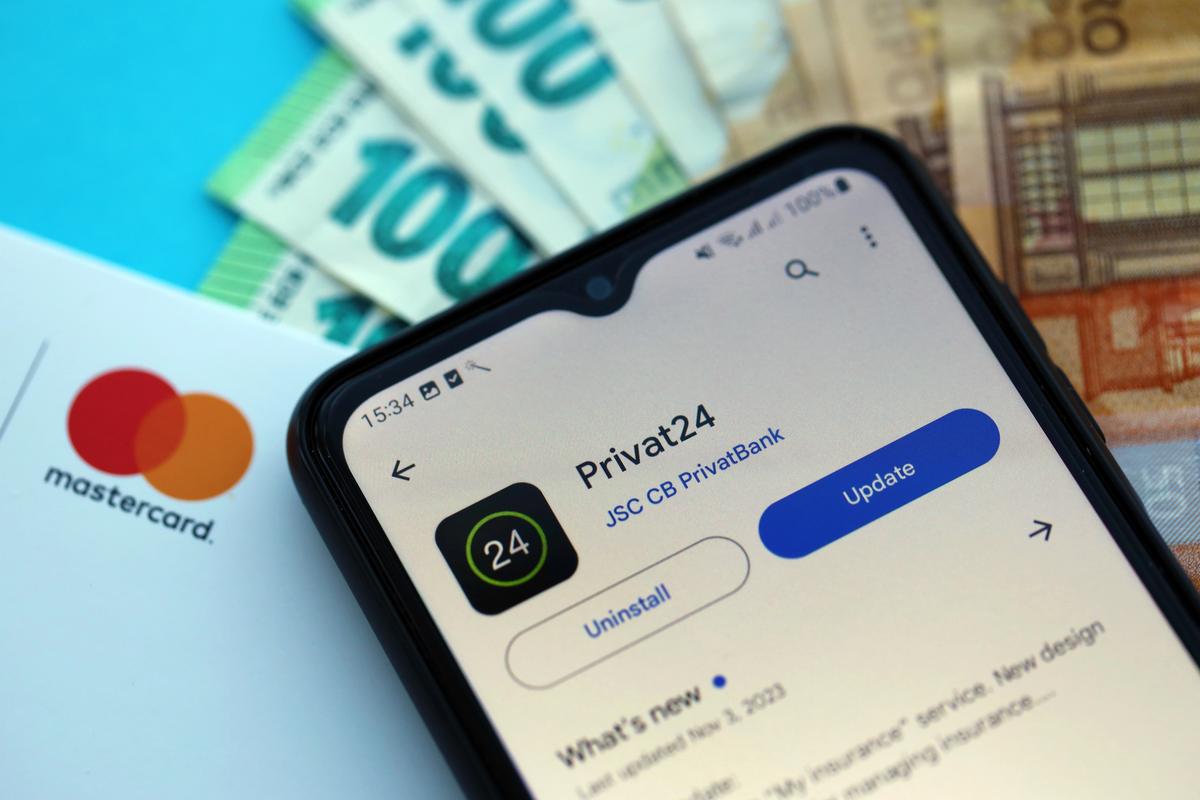
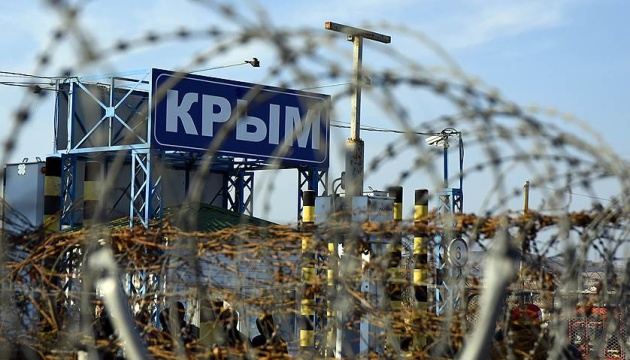



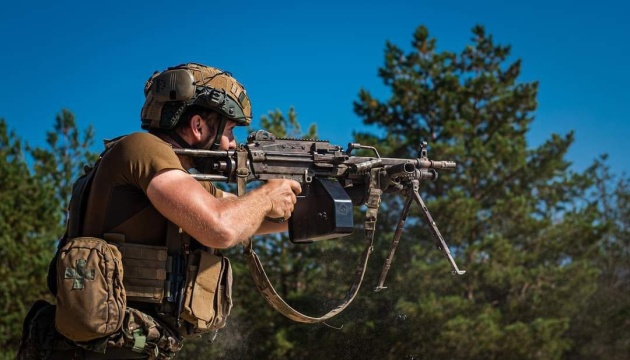

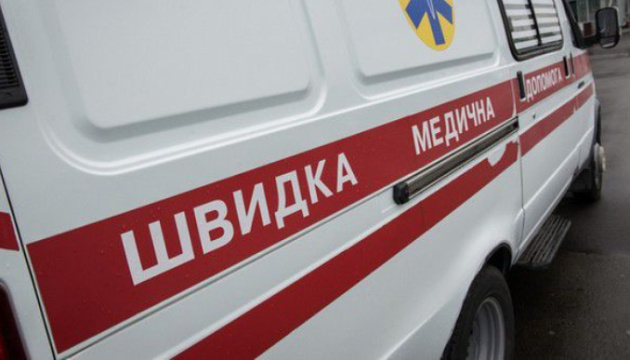



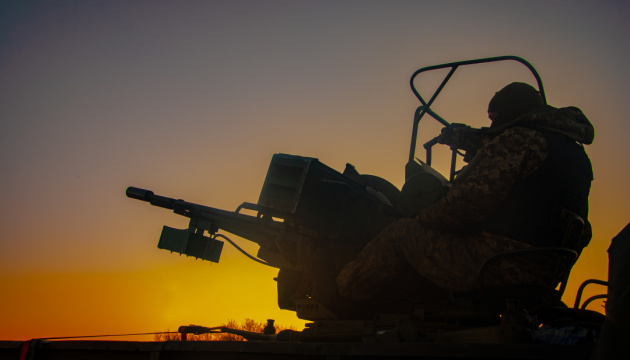

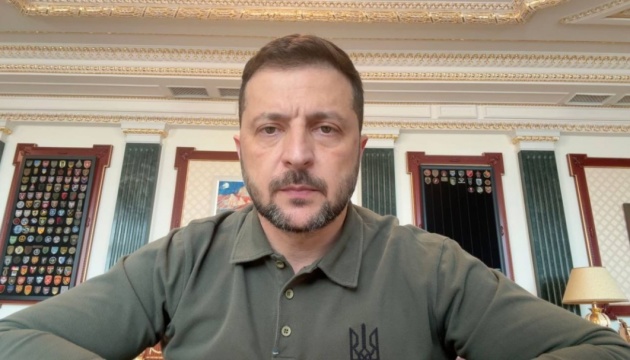

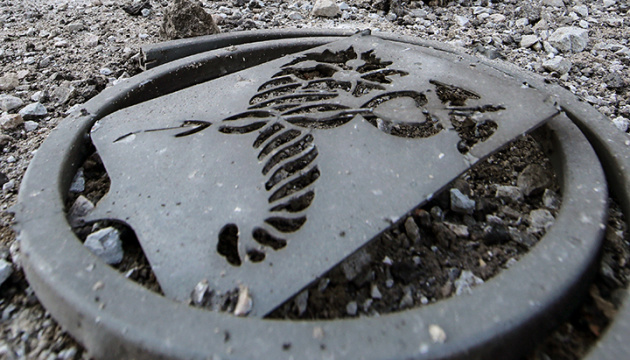

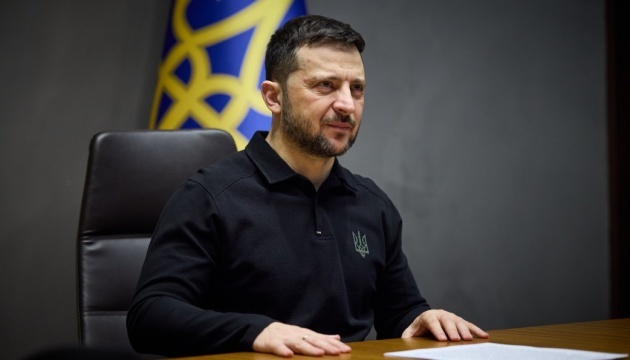



Europe has honored a Ukrainian hero who saved lives under Russian fire. Combat medic Volodymyr Ryzhenko, call sign “Druh Sprite”, from the 12th Special Forces Brigade Azov, has been named “Best European Medic of the Year” in the Military Medicine category, according to Ukraine’s National Guard.
Ryzhenko received his award during the Combat Medical Care Conference 2025, Europe’s largest military medical summit, held in Germany with over 1,400 experts from 44 countries. The event was co-hosted by the German Bundeswehr.
In winter 2025, Druh Sprite made headlines after he saved a wounded comrade under enemy fire by performing an emergency blood transfusion using donor blood delivered by drone.
“It was a matter of minutes. Without that blood from the sky, he wouldn’t have made it,” his unit reported.
The act has become a landmark in the evolution of combat medical care.
A three-member Azov medical team represented Ukraine at the conference, sharing first-hand battlefield experience.
Lt. Serhii Rotchuk (“Druh Jedi”) presented innovations in medical logistics,
Olha Tagirova (“Krava”) discussed treating wounded soldiers beyond the golden hour and the systematic training of personnel.
Alongside the award, Ryzhenko received a ceremonial sword, a symbol of bravery, dignity, and strength. The honor highlights not only his personal heroism but also the excellence of Ukrainian military medicine, which continues to save lives on the front lines every day.


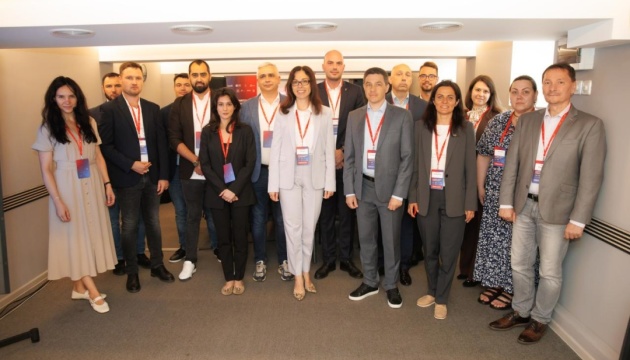



US President Donald Trump has stunned with details on the death toll in Ukraine. The American leader claims that since the start of 2025, Russia has lost over 112,500 soldiers, while Ukraine has suffered around 8,000 military casualties, not including the missing.
“I have just been informed that almost 20,000 Russian soldiers died this month in the ridiculous War with Ukraine. Russia has lost 112,500 soldiers since the beginning of the year,” Trump wrote on Truth Social on 1 August.
He called it “a lot of unnecessary death” and noted that Russia continues to strike Kyiv and other Ukrainian cities, killing civilians.
“This is a War that should have never happened — This is Biden’s War, not ‘TRUMP’s.’ I’m just here to see if I can stop it!” he added.
Earlier today, Russian ruler Vladimir Putin cynically commented on the war in Ukraine for the first time since US President Donald Trump issued his 10-day ultimatum on Russia.
Putin confirmed that Russia’s conditions for ending the war, announced back in summer 2024, remain unchanged.
Last year, he insisted on the withdrawal of Ukrainian troops from the occupied territories of Donetsk, Luhansk, Kherson, and Zaporizhzhia. Moscow has illegally incorporated these Ukrainian regions into its Constitution. Additionally, Russia demands that Ukraine renounce NATO membership, enshrine a non-nuclear status, and lift sanctions.




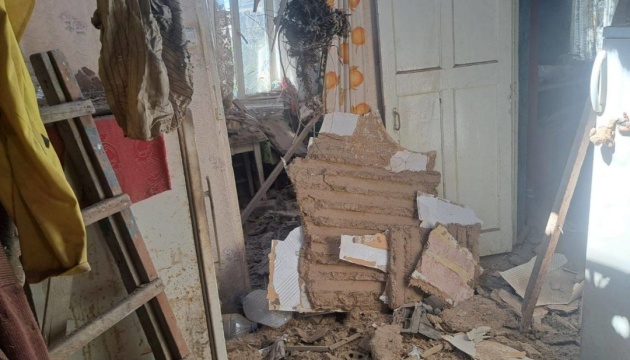

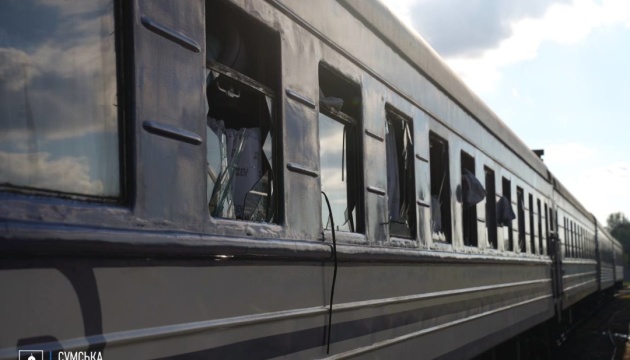



Only three out of eight Russian Iskander-K cruise missiles launched at Ukraine on the night of 31 July were shot down. This raised questions about why Ukraine’s air defense, usually effective against Kalibr and Kh-101 missiles, failed to destroy most of them, Defense Express reports.
The key reason is the element of surprise, say the military experts from Defense Express.
“Today’s launches of ‘Iskander-K’ were carried out from Russia’s Kursk Oblasy, practically right at the border, so there was very little time to react and deploy countermeasures,” the analysis states.
The land-based Iskander launchers are harder to detect than ships launching Kalibr missiles or bombers carrying Kh-101s, since those require more flight time and are detected by intelligence before launch.
“He will risk everything in Ukraine”: Putin may be preparing for even harsher war in Ukraine after Trump’s ultimatum
Iskander-K is a general term for cruise missiles launched from the Iskander tactical missile system. These include the 9M728 (R-500) with a range up to 500 km and the 9M729 with a range up to 1,500 km. Both have a 480 kg warhead and fly at speeds up to 900 km/h.
This year, Ukraine’s Main Intelligence Directorate announced Russia’s approximate missile production rates. Currently, Russia can produce about 300 cruise missiles per month, including 20-30 Iskander-K.


Kharkiv stands in ruins after Russia attacks. Daily strikes have devasted the city and caused over €10 billion in damage to Kharkiv, Mayor Ihor Terekhov told Report.
Russian assualts on Ukrainian civilians have intensified amid US President Donald Trump’s attempts to settle peace through diplomatic means, leading to a rising number of civilian casualties.
According to the city’s head, Russia has been systematically targeting Kharkiv’s civilian infrastructure for over three years. More than 12,000 sites have been destroyed or damaged, and most of them are residential buildings.
“160,000 Kharkiv residents have lost their homes. Explosions every day, destruction every day, and sadly, deaths and injuries,” says Terekhov.
The mayor notes that over 9,500 of the destroyed sites are residential buildings, meaning Russian missiles and drones are primarily targeting civilians. Since February 2022, Kharkiv has not seen a single day without shelling.
“Currently, the need for windows exceeds 50,000. Every strike increases this number by another thousand, one and a half, two. The record was more than five thousand in one attack,” the mayor revealed in June.
“We are facing massive destruction. The city will need even more funds to rebuild,” Terekhov states, estimating the damage at around €10 billion.
Still, he stressed, “no amount of money can bring back the lives and health lost.”
Terekhov underscored that Kharkiv is under constant attack and that “civilian targets are primarily being hit.”
The scale of destruction and number of victims make it clear: Russia is deliberately devastating Ukraine’s largest city near the border.
Earlier, Russia tested its new modified bomb in an attack on Kharkiv. Children, an infant, and a pregnant woman were among the wounded. A new type of aerial bomb, the UMPB-5, with 250-kg warhead, hit the central part of the city in the first known use of this weapon.
Two airstrikes were launched from over 100 kilometers away. The strikes damaged 20 residential buildings, including 17 apartment blocks in the Shevchenkivskyi and Kholodnohirskyi districts. The blast wave shattered over 600 windows, forming a crater in the street. Seven cars were destroyed by fire, and 18 more were damaged. One industrial facility caught fire, resulting in a large-scale blaze.
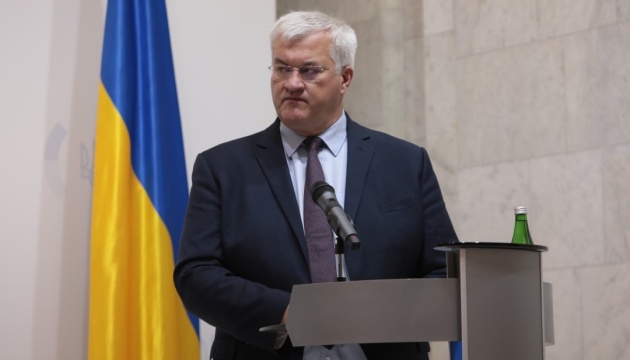



Russian oil is stranded at sea. At least four tankers carrying Russian oil are unable to dock near India’s shores due to the threat of sanctions from the US and EU, Bloomberg reports.
India is one of Russia’s main economic partners, after China. Moscow continues to profit from oil supplies to India, accounting for nearly 35% of the country’s imports. Moscow’s energy exports remain its leading source of revenues, which it uses to fund its war against Ukraine.
In mid-July, the EU implemented new sanctions against Russia aimed at cutting its energy revenues. At the same time, US President Donald Trump’s administration has threatened India with high import tariffs and penalties for buying Russian oil.
Earlier, the head of the Indian Oil Corporation, A.S. Sahni, stated that if Russian supplies are restricted, the company will revert to traditional import schemes used before the war in Ukraine, when Moscow’s export to India was lower than 2%.
Satellite tracking data shows that the tankers Achilles and Elyte, which loaded Urals crude in late June from Primorsk and Ust-Luga, are anchored near the port of Jamnagar, although they were scheduled to arrive in Sikka on 30–31 July. Both vessels are listed under EU and UK sanctions.
Russia streams oil revenues into its missiles and drones to kill Ukrainian civilians. The UN Human Rights Monitoring Mission in Ukraine documented 232 civilian deaths and 1,343 injuries in June 2025, marking the highest monthly casualty toll in three years as Russian forces launched ten times more missile strikes and drone attacks than in June 2024.
Two other tankers — Destan (under sanctions) and Horae (not sanctioned) — are also off the coast, awaiting unloading. Destan was due in Sikka on 24–25 July, while Horae is en route to Vadinar and expected to arrive on 1 August.
The delay of four tankers may signal that the era of consequence-free trade is nearing its end. Even if the tankers eventually reroute or unload, the situation marks a new phase of global pressure on countries doing business with Russia.
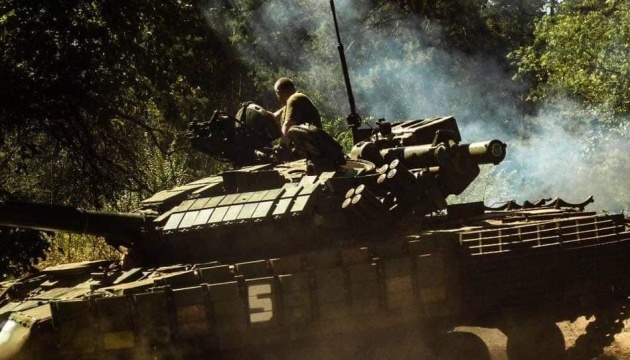

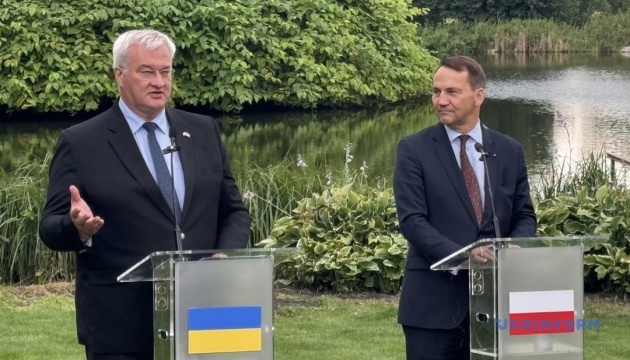

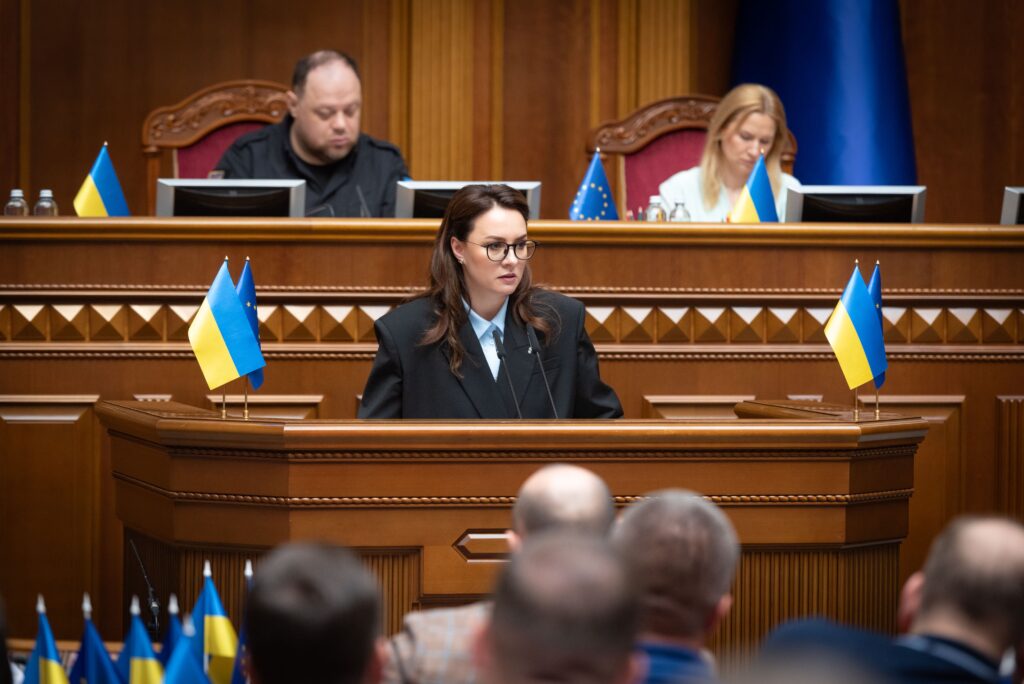

The Ukrainian government takes an unusual step amid EU pressure. Facing the threat of losing billions in aid, Ukrainian Prime Minister Yuliia Svyrydenko has announced that Oleksandr Tsyvinsky, the selected candidate for Director of the Bureau of Economic Security (BEB), has agreed he will undergo a polygraph test.
The Ukrainian prime minister says she has held a direct meeting with Tsyvinsky on 1 August, during which they agreed he would take a polygraph test.
“We agreed with Oleksandr on how to remove all doubts in a civilized manner and arranged for him to take a polygraph test. This guarantees that the situation is free of manipulation and allows us to move forward,” Svyrydenko states.
She adds that the selection commission has already made its decision and that the government has received the results from additional background checks.
Tsyvinsky is a National Anti-Corruption Bureau (NABU) detective who won the BEB director position in June 2025. The competition involved international experts. Tsyvinsky leads one of NABU’s elite detective units. His appointment was to symbolize the restoration of trust in anti-corruption bodies.
However, on 7 July, the Ukrainian government refused to approve him, citing “security concerns” as assessed by the Security Service. In response, Tsyvinsky stated that the government’s decision “does not comply with the law.”
The prime minister emphasizes the shared interest in making the Bureau of Economic Security an effective institution trusted by both business and the public. She expresses hope that the Ukrainian government will reach a final decision next week.
“This will be a major contribution to rebuilding trust between the state and the business community,” Svyrydenko adds.
The government’s refusal to approve the competition winner marked another escalation in tense relations between Ukrainian authorities and NABU, which sharply intensified this summer.
On 22 July, President Volodymyr Zelenskyy signed the controversial bill, which curtails the NABU’s independence, as well as the liberty of the Specialized Anti-Corruption Prosecutor’s Office (SAPO), by requiring their key decisions to be coordinated with the Prosecutor General’s Office.
The law led to mass civil society protests and criticism from international partners as it contradicts Ukraine’s commitments to the EU and the US on anti-corruption reforms.
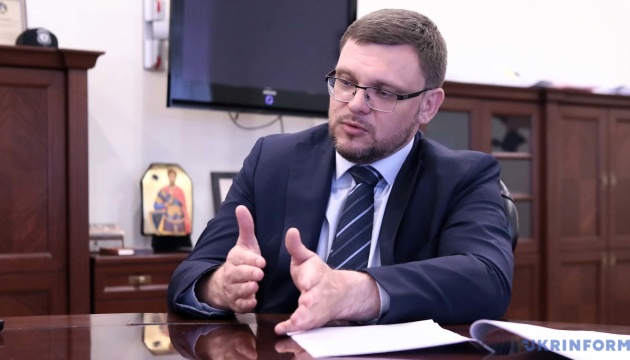

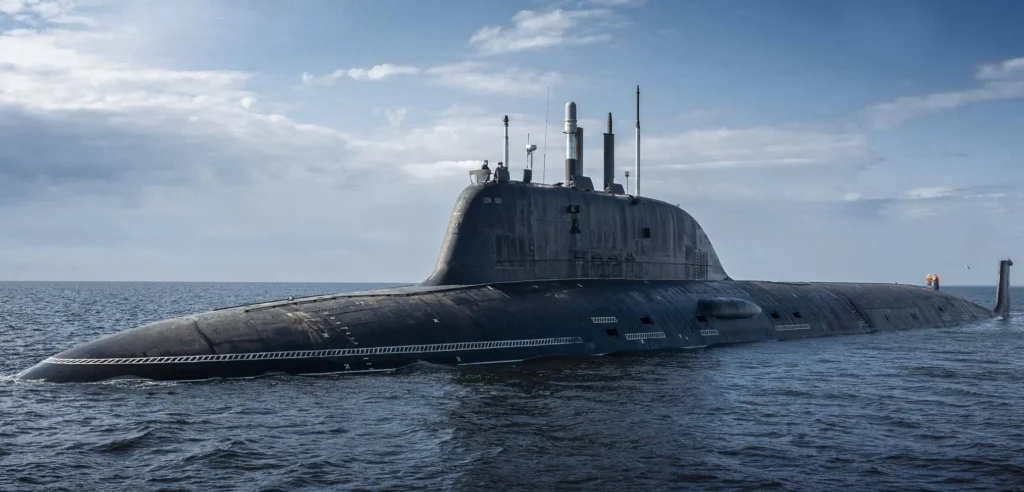

A powerful tsunami triggered by a magnitude 8.8 earthquake has reportedly struck Russia’s secret nuclear submarine base in Kamchatka. Satellite images obtained by The Telegraph show severe damage to the pier at the Rybachiy base, a key facility of Russia’s Pacific Fleet.
According to Umbra Space, one of the docking structures was displaced at a “terrifying angle,” indicating the pier may have been partially torn from its foundation. No submarine was docked at the time of the impact, but the base’s vulnerability raises serious concerns. One image shows a submarine moored at the same pier as recently as 17 July.
Rybachiy is located in Avacha Bay, only 120 km (75 miles) from the quake’s epicenter. The base hosts Russia’s newest Borei-class and older Delta-class submarines.
Nearby facilities include Petropavlovsk-Kamchatsky and other strategic military sites.
Although the Kremlin insists the infrastructure is “fully earthquake-proof,” experts warn that even minor pier damage could compromise combat readiness.
Analysts stress that concentrating so many submarines in a single location is a strategic risk.
“This is why having multiple bases is a good idea, because you never know when you’re going to get rogered by something you haven’t seen coming,” said retired Royal Navy officer Tom Sharpe.
He also criticized the pier’s construction.
“It looks classically Russian. Taped on,” he adds.
While Russian sources deny any major damage, the base’s vulnerability to natural disasters casts doubt on the Pacific Fleet’s readiness for emergency scenarios.
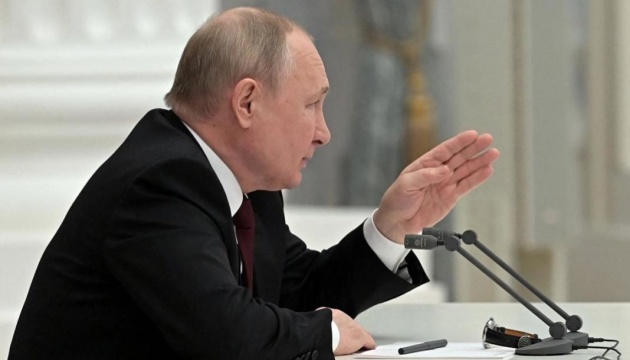

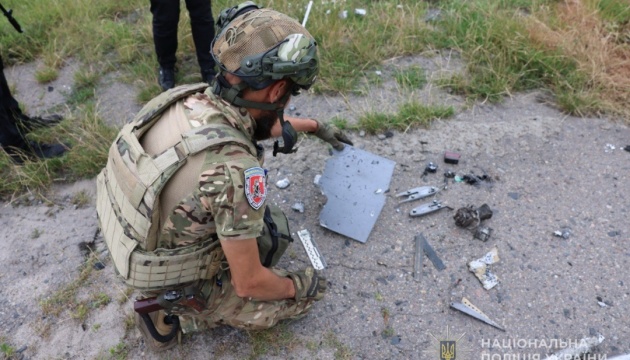

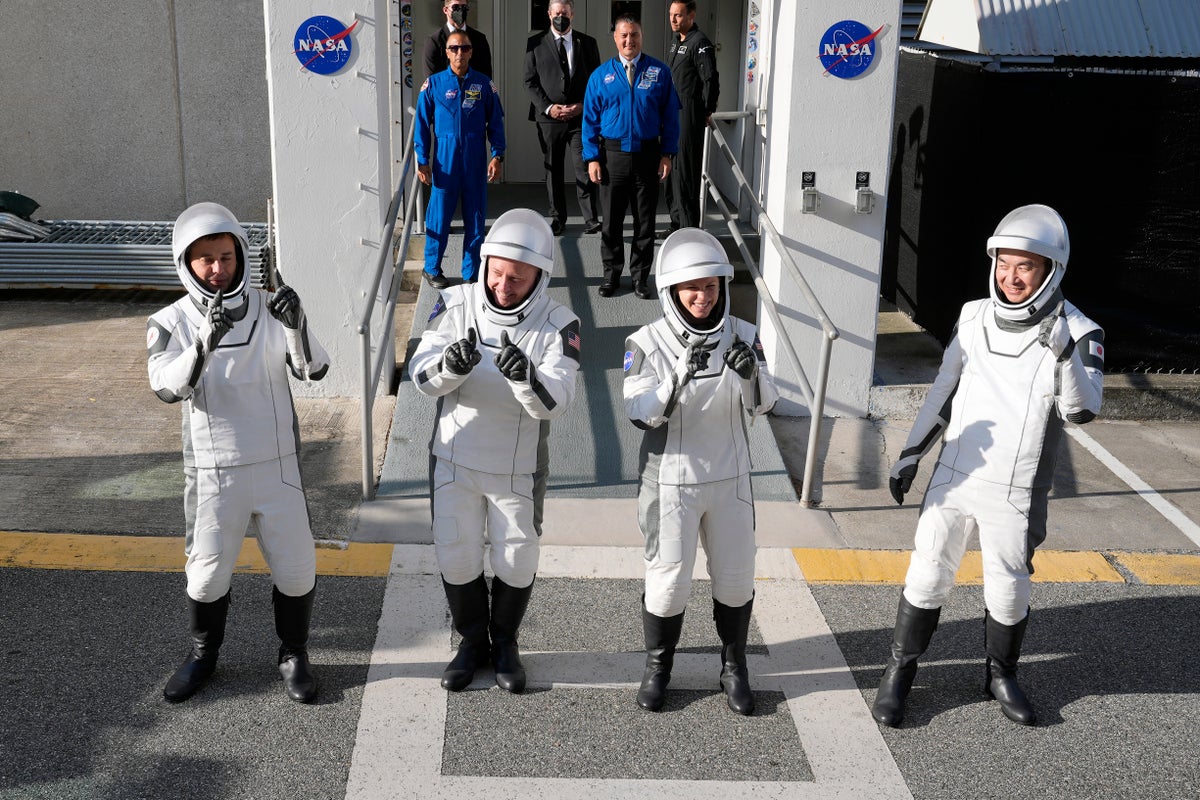

© Copyright 2025 The Associated Press. All rights reserved.